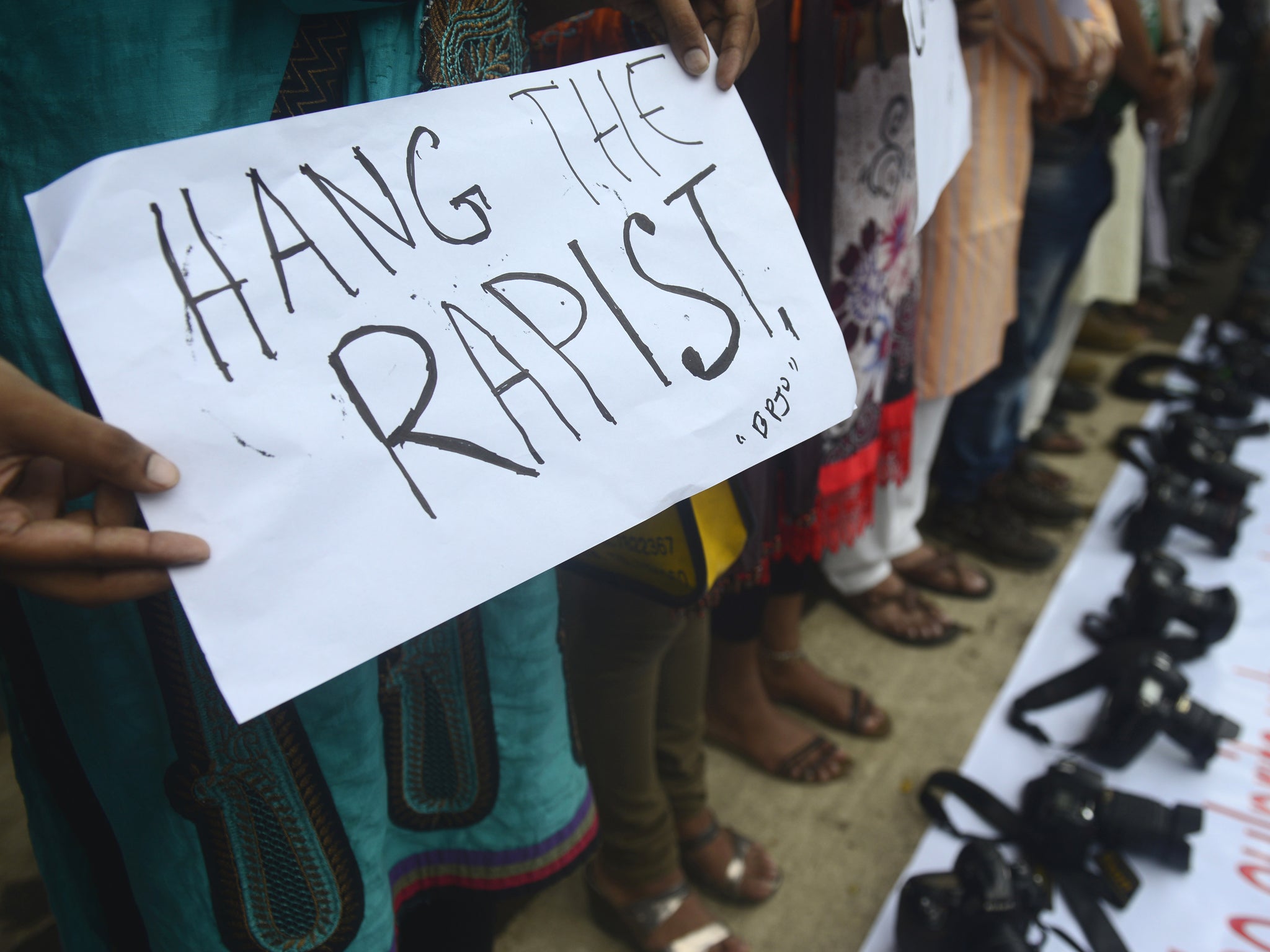India's bus rape verdict: Nothing will really change until patriarchal attitudes do
Over the past nine months there have been steps taken to address women’s lack of safety - but there's still a long way to go

Your support helps us to tell the story
From reproductive rights to climate change to Big Tech, The Independent is on the ground when the story is developing. Whether it's investigating the financials of Elon Musk's pro-Trump PAC or producing our latest documentary, 'The A Word', which shines a light on the American women fighting for reproductive rights, we know how important it is to parse out the facts from the messaging.
At such a critical moment in US history, we need reporters on the ground. Your donation allows us to keep sending journalists to speak to both sides of the story.
The Independent is trusted by Americans across the entire political spectrum. And unlike many other quality news outlets, we choose not to lock Americans out of our reporting and analysis with paywalls. We believe quality journalism should be available to everyone, paid for by those who can afford it.
Your support makes all the difference.After India's rape verdict, the question being asked is whether anything has changed in the past nine months. While there has been some progress, this does not necessarily translate into women feeling safer.
There is no doubt that the gruesome case and the protests that followed represent a watershed where the entire country responded for the first time to an instance of sexual violence, which had till then been seen as a “women’s issue”. But the impression that violence or crime has gone up in the past nine months is a difficult one to prove. What has happened is increased reporting, greater awareness and media focus on the issue.
Over the past nine months there have been steps taken to address women’s lack of safety. Firstly the criminal amendment bill introduced many important changes to the law including expanding the definition of rape to include more than just penetration. Fast-track courts have been set up. Another significant change has been the inclusion of stalking as a criminal offence. Dealing with stalking at an early stage can maybe prevent more serious forms of violence.
There is also increasing recognition that prevention of violence is a broader issue than policing. Furthermore, the issue of mindset and behaviour as perpetuating patriarchal stereotypes is also being discussed and has led to the recognition of the need for longer-term processes to change attitudes.
We are hopefully on a path towards greater justice and space for women – though it will be a long journey.
Kalpana Viswanath is an activist with the Delhi-based women’s rights group Jagori
Join our commenting forum
Join thought-provoking conversations, follow other Independent readers and see their replies
Comments